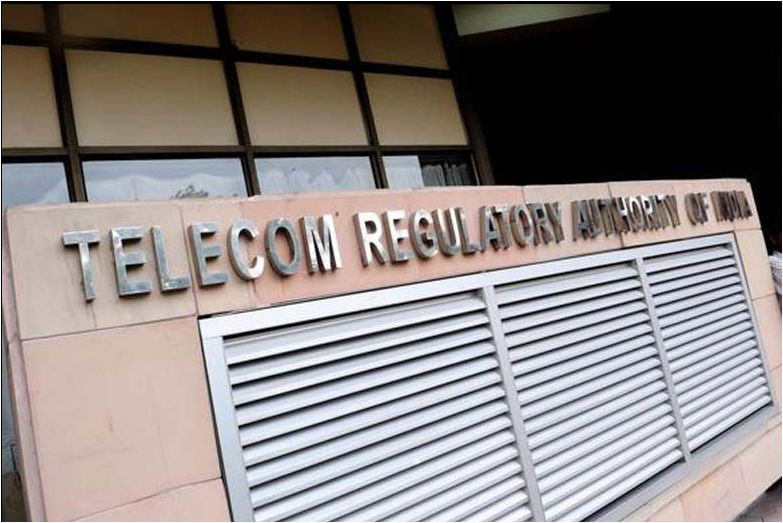
Indian telecom watchdog TRAI on Wednesday said that differential pricing of data services by various operators might potentially go against the principle of non-discriminatory tariff and sought comments / opinion from stakeholders.
In a consultation paper, the Telecom Regulatory Authority of India (TRAI) said some service providers were offering differential data tariff, either free or discounted, on certain contents of particular websites, applications or platforms.
“The objective of offering such schemes is claimed to be the desire of various service/content/platform providers to enable consumers, especially the poor, to access certain content on the Internet free of charge,” the sector regulator said.
It said potentially, both positive and negative effects arise from an economic and regulatory perspective where reduced rates are tied to specific content.
“On the one hand, it appears to make overall Internet access more affordable by reducing costs of certain types of content. On the other hand, several negative effects might ensue. Differential tariffs result in classification of subscribers based on the content they want to access. This may potentially go against the principle of non-discriminatory tariff,” it added.
The consultation paper sought comments from industry stakeholders on whether the telecom service providers should be allowed to have differential pricing for data usage for accessing different websites, applications or platforms.
It also asked if differential pricing for data usage was permitted and the measures to be adopted to ensure that the principles of non-discrimination, transparency, affordable Internet access, competition and market entry and innovation were addressed.
Finally, it sought opinion on whether there were alternate methods, technologies or business models, other than differentiated tariff plans, available to achieve the objective of providing free Internet access to consumers.
The stakeholders could give their comments by December 30 and counter-comments by January 7, 2016.
IANS





